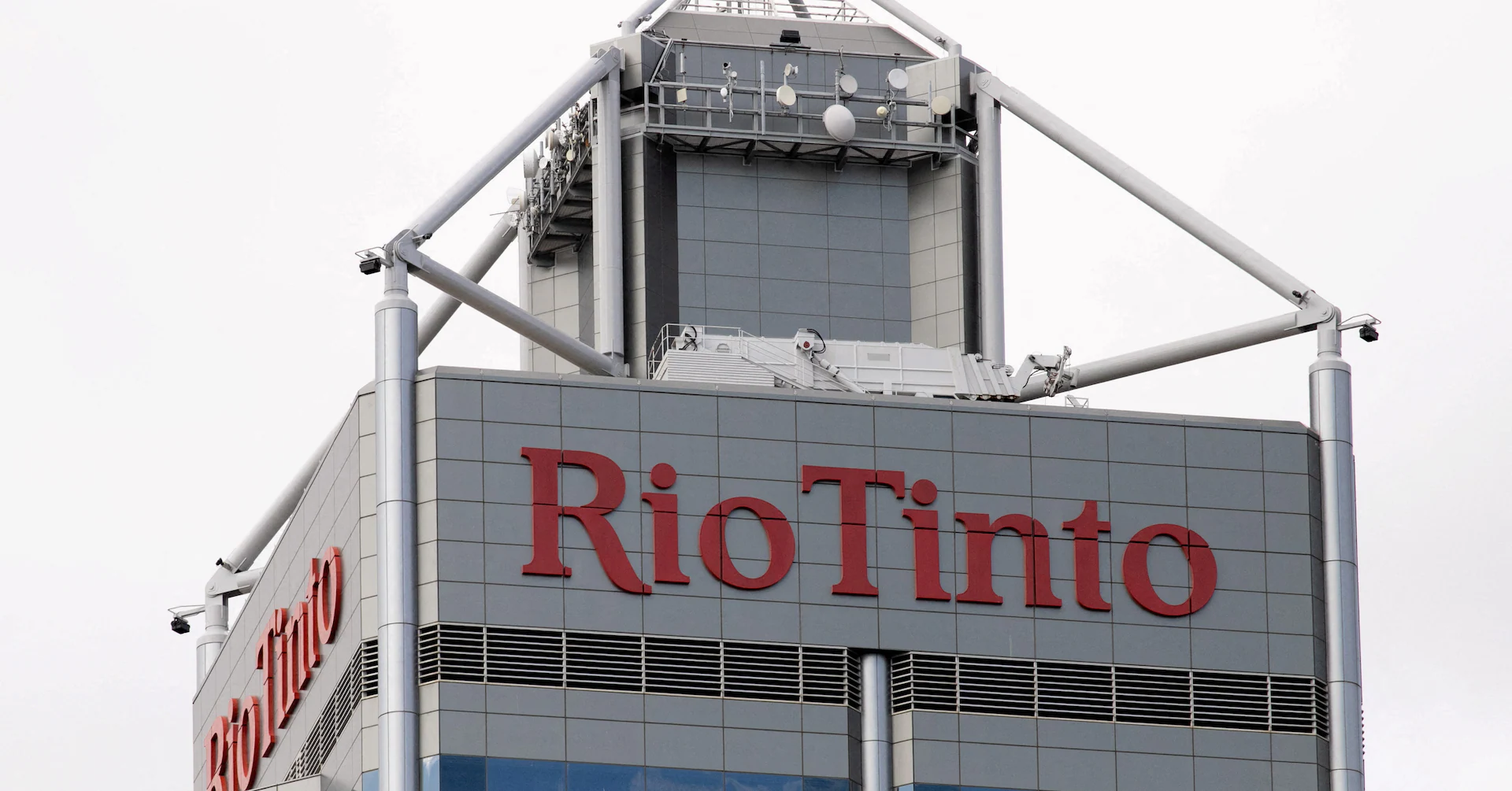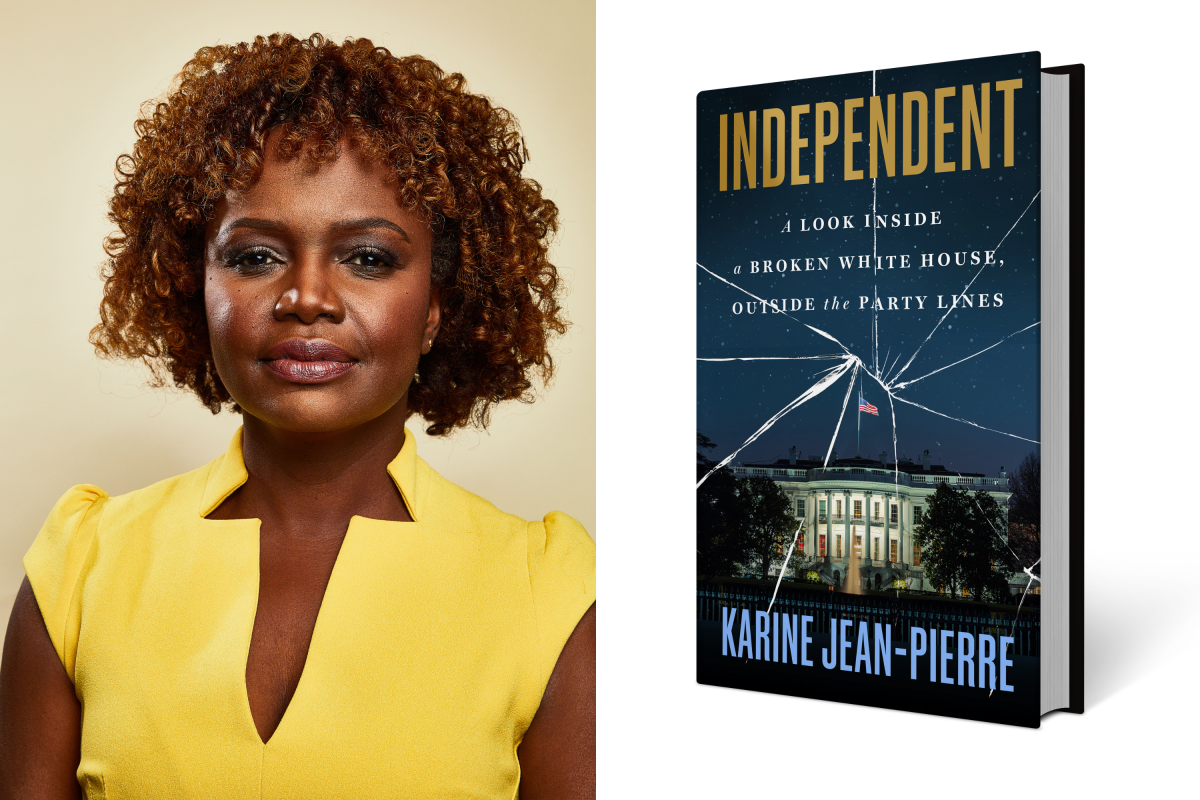Copyright Reuters

LONDON, Oct 22 (Reuters) - Rio Tinto is exploring a potential asset-for-equity swap with Chinalco that would trim the Chinese investor's 11% stake, freeing up Rio to resume buybacks and pursue new strategic deals, three people familiar with the matter told Reuters. Sign up here. The swap could allow Rio to allocate capital and pursue mergers and acquisitions more decisively, putting it in line with broader industry trends, as global miners use consolidation and new projects to attract investors focused on long-term supply prospects. RIO ASSETS THAT MAY INTEREST CHINALCO As Western governments scramble to catch up with China's dominance in critical mineral supply chains, Beijing's push to expand into copper is drawing growing scrutiny. For that reason, Rio assets that would be of interest to the Chinese state-owned enterprise are the Simandou iron ore project in Guinea, which is already 75% Chinese-owned and a target of Chinalco's failed 2016 buyout attempt, and the Oyu Tolgoi copper mine in Mongolia, a fourth source said. Another possible swap could include Rio's titanium business, another said, which is under strategic review as part of a broader restructuring by new chief executive Simon Trott. China, the world's top producer and consumer of titanium dioxide, used in paints, cosmetics and military hardware, has expanded output to dominate over half the global market in the past decade. Rio declined to comment, Chinalco did not respond to a request for comment. The swap would cut Chinalco's stake by up to 2 to 3 percentage points, the fourth source said, freeing Rio to execute buybacks, pursue large M&A deals, and restructure its capital without diluting its largest shareholder. GOVERNANCE CONSTRAINTS Chinalco bought a near 15% stake in Rio Tinto Plc, the London-listed arm of the dual-listed company, in 2008 under conditions imposed by Canberra, including no stake increase without approval and no board seat. Its stake in the overall company is around 11%. A year later, Chinalco proposed a $19.5 billion investment to help reduce Rio's $39 billion debt, giving it minority stakes across the miner's global portfolio in exchange. That was blocked by other shareholders and regulators over concerns about Chinese control of strategic assets. Today, activist investors are pressing Rio to scrap its dual Anglo-Australian listing structure, arguing that it creates governance conflicts between UK and Australian shareholders, and complicates mergers with companies in states that have restrictions on strategic holdings by Chinese firms. UPDATE ON RIO REORGANISATION EXPECTED SOON The discussions come as Trott pushes for tighter cost control across the group. Three days after taking the top job on August 25, he said Rio would streamline its structure to three core business units from four, to focus on profitable assets. A further update on the reorganisation could come within the next two weeks, two of the sources said, ahead of Rio's investor day scheduled for December 4. As well as reviewing Rio's borates, iron and titanium businesses, Trott is considering further divestments, including pausing early work at the Jadar lithium project in Serbia, two of the sources said. The project has faced years of opposition from environmental groups despite being identified as strategic by the European Union. No further cuts to Rio's leadership team are expected, the sources said, after Trott reduced the executive committee to nine members from 11. The number of managing directors is also likely to fall, with each asked to outline cost cuts in their departments rather than meet a fixed company-wide target, one of the sources said. Reporting by Clara Denina, Melanie Burton and Ernest Scheyder. Additional reporting by Amy Lv. Editing by Veronica Brown and Mark Potter Our Standards: The Thomson Reuters Trust Principles., opens new tab Ernest Scheyder is a senior correspondent covering critical minerals and the global energy transition, as well as the author of "The War Below: Lithium, Copper, and the Global Battle to Power our Lives," which was longlisted for the 2024 National Book Award and was named the American Energy Society’s Energy Book of the Year. He previously wrote about the U.S. shale revolution – drawing on a two-year stint based in oil-rich North Dakota – as well as politics and the environment. A native of Maine, Scheyder is a graduate of the University of Maine – where he was named a distinguished alumnus in 2021 – and Columbia Journalism School.



